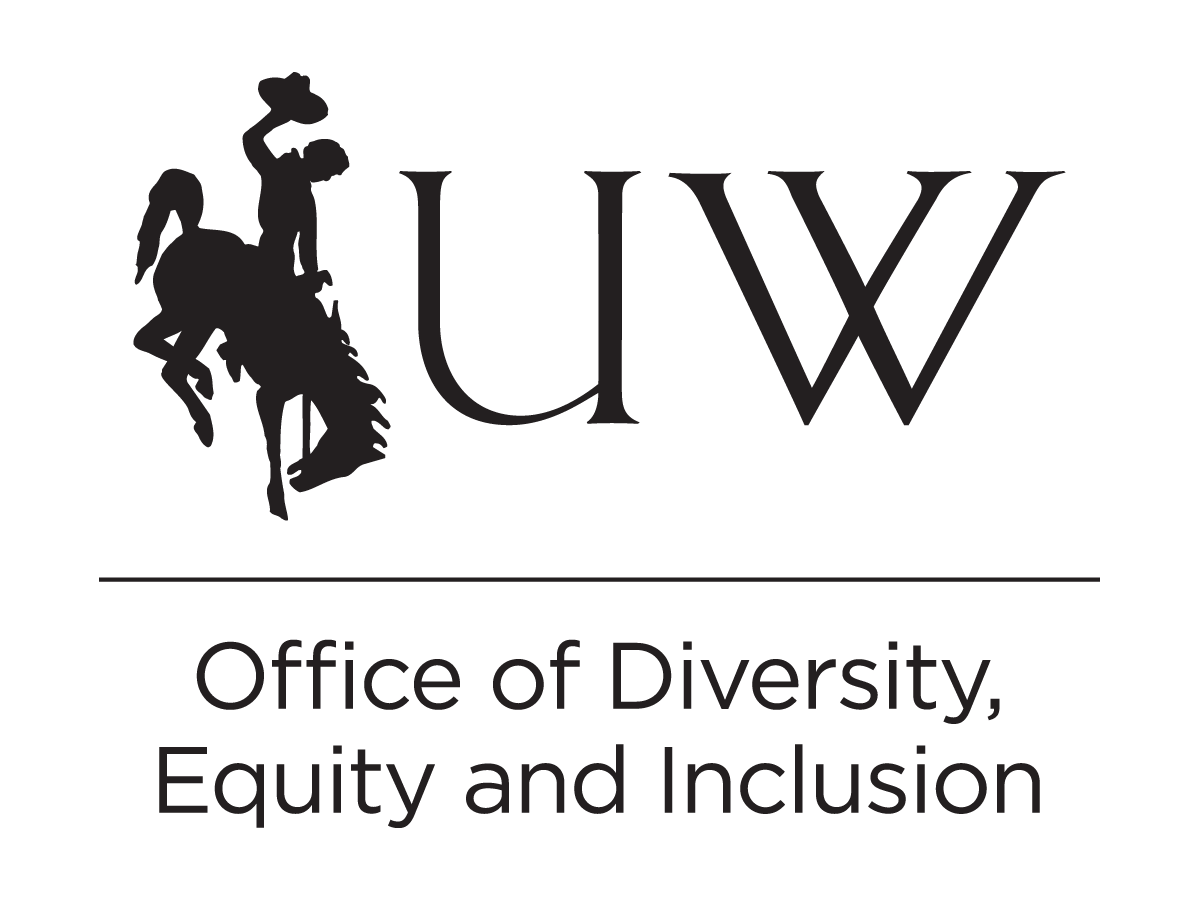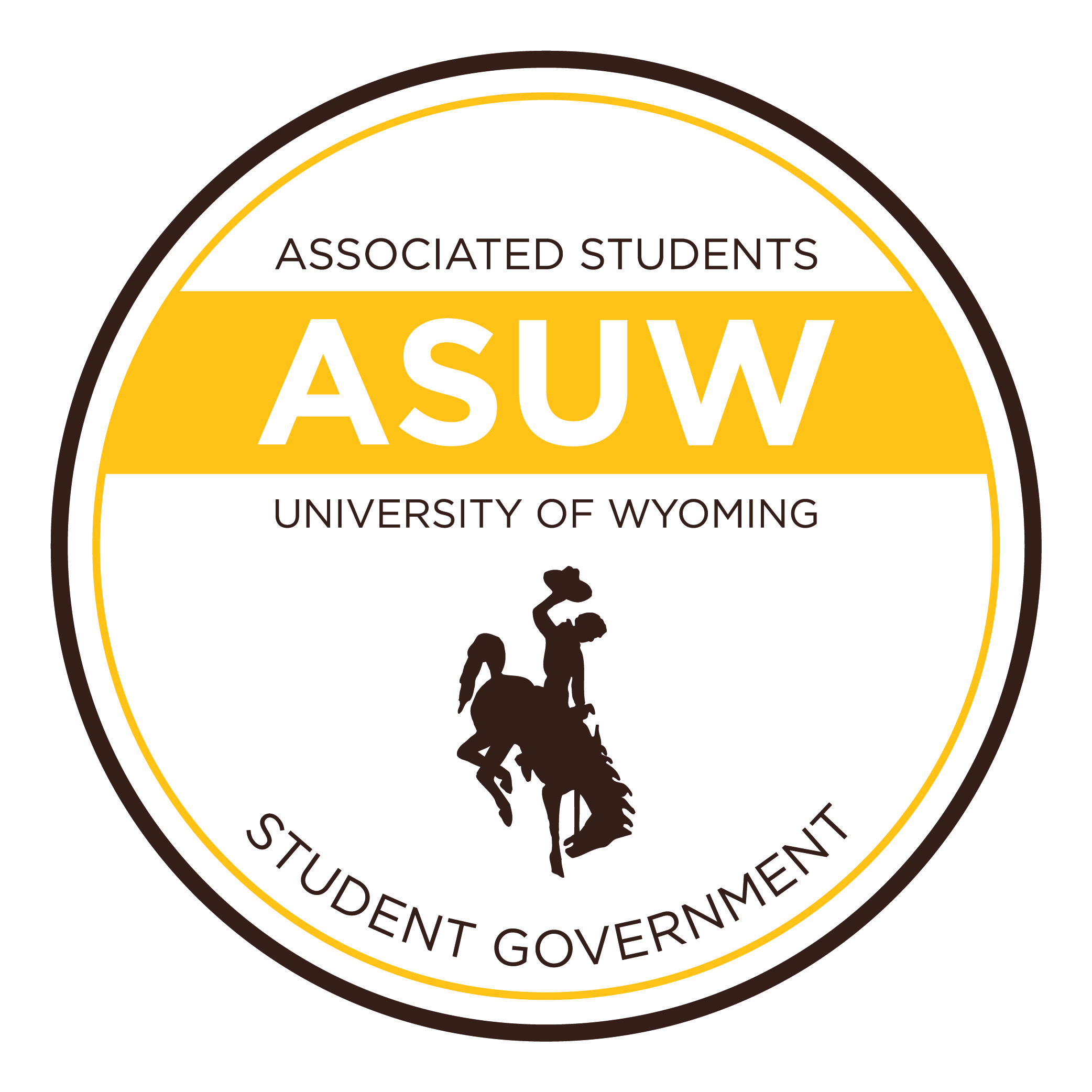Kermit Brown is a long-time Wyoming resident, former speaker of the Wyoming House of Representatives and one of the two new members of the University of Wyoming Board of Trustees.
The Branding Iron sat down with Brown to talk about his past, being elected to the Board of Trustees, and what he hopes for the University of Wyoming down the road.
Brown grew up in Casper, and came to UW after graduating in 1960. He came to UW and earned degrees in Animal Husbandry and Business Administration. He also learned to fly planes in hopes of running a large ranch. He later went into the Navy, where he obtained the ranked of lieutenant and spent time in Kodiak Island, Alaska. He then returned to the continental US and received a law degree on the G.I. Bill. After working as a lawyer in Wheatland and Rawlins, he came to Laramie around 1997 and has been here since.
Branding Iron: Have you been practicing law since then?
Kermit Brown: I have. Then I ran for the legislature in 2004, and I got elected. I spent 12 years in the legislature and was Speaker of the House in the last session. In 1994 and 1995, I was President of the Bar Association.
BI: What did you see in the state during your time as a legislator?
KB: That was a great time to be a legislator; we had money to burn. We were truthfully almost trying to find worthwhile ways to get rid of it, so one of the things that I worked on a lot when I was a legislator is all this building on campus. Actually, since 2005, when we finished the engineering building, I think we’ll be right at about $1 billion dollars that we’ve put into the campus. I worked hard on that. I tried to protect it and help it in every way that I could because I thought it was a worthwhile investment. So now we have a lot of great buildings, and there’s been some complaining that we’re building too many buildings. Wyoming’s a boom and bust state and if you’ve lived here all your life like I have you know it’s a boom and bust. It might be 50 years before we build another building, you never know. So you better make hay when the sun shines, and that’s what we’ve been doing.
BI: How were you elected to the Board of Trustees?
KB: That was the governor’s decision. I finished my tenure as Speaker of the House and the Governor appointed me as a Trustee. Mike Masse was on it, who was a senator before he went on the BOT. He went on the Board of Trustees to finish the term of Warren Lauer, a guy here in Laramie who died while he was a Trustee. The Governor appointed Masse to finish out Lauer’s term. So then Mike was up for reappointment and the governor appointed me.
BI: What is this appointment’s significance?
KB: It’s a real honor. I was done with public service, I wasn’t going to do anything else, but I always knew in the back of mind, if I had a chance to be a UW Trustee I was going to do it, it’s just something a guy can’t turn down. It’s not about me at all, it’s about UW, and hopefully I can contribute some things to make it a better place.
BI: Have you begun your duties on the board? Is there anything in works with the BOT you’d like to share?
KB: I went to the first meeting last week. I’m really trying to learn, and trying to understand. The one thing that I did talk about at the board meeting, because it’s something I’ve worked on as a legislator, is the university’s outreach effort. I think it’s really, really important, and the university has made some great gains the last few years. Dr. McGinity is the one who finally picked it up and got Allison Hagan involved and she’s done a great job with what’s called ‘articulation agreements’ with the junior colleges. I think that’s a big step. I feel really strongly that the university has the burden, it’s always had the burden and it never shifts, and the university has to go the extra mile; we really have to be out in the state. We have to be out in the junior college and getting every kid from the junior colleges that we can. We really have to make sure that the curriculum at UW and the curriculum at the junior colleges match up so that a kid can go to a junior college and can make a hopefully nearly seamless transition from junior college into their coursework at UW when they come down to finish their major.
BI: What are some things that you would like to see accomplished at UW in the next 10-15 years?
KB: They have an objective to grow the student population to 16,000, and I would love to see that. One of the reasons for that is because the marginal cost to adding kids to where we are now is almost zero. Sure, if we grew a couple thousand kids, by then you have to start adding professors, but we have the physical capacity and the marginal costs are really low. That’s a big stride, and we’ve backslid just a little bit the last semester, and we have to work on that, but I would love to see it grow to 16,000 students. I think it would be a lot more viable institution if we did that. I want to do that, and at the same time I really want the quality.
We have to have high academic standards, we have to have a lot of meaningful research going on, and we have to teach kids so when they leave they can be successful where they’re going. My wishes for students are I’d like to see them get out in no more than five years, I’d like to see them get out debt free, or as close to it as we can get them, and I’d like to see them acquire critical thinking skills that they’ll have for the rest of their life and that nobody will ever feed them anything.
BI: Do you think Governor Mead can push Wyoming towards more sustainable economic efforts?
KB: We’re not just talking about millions,we’re talking about billions of dollars that come from the mineral industry. I agree with the governor’s timeline. I think 20 years is realistic to try to get us diversified. There’s another problem there that they’re talking about in the legislature, is that we have to change the tax structure in this state. If we don’t, you can diversify all you want but you’re not going to generate any tax revenue from it because the tax structure does not address those kind of activities, and it doesn’t assess a lot of those taxes from those diversified industries. It’s going to be a great political struggle in this state; there are some real political struggles coming. I think it’s going to take [20 years] to get enough diversification going to make a difference. It is not going to make up for minerals, I just can’t see it.



